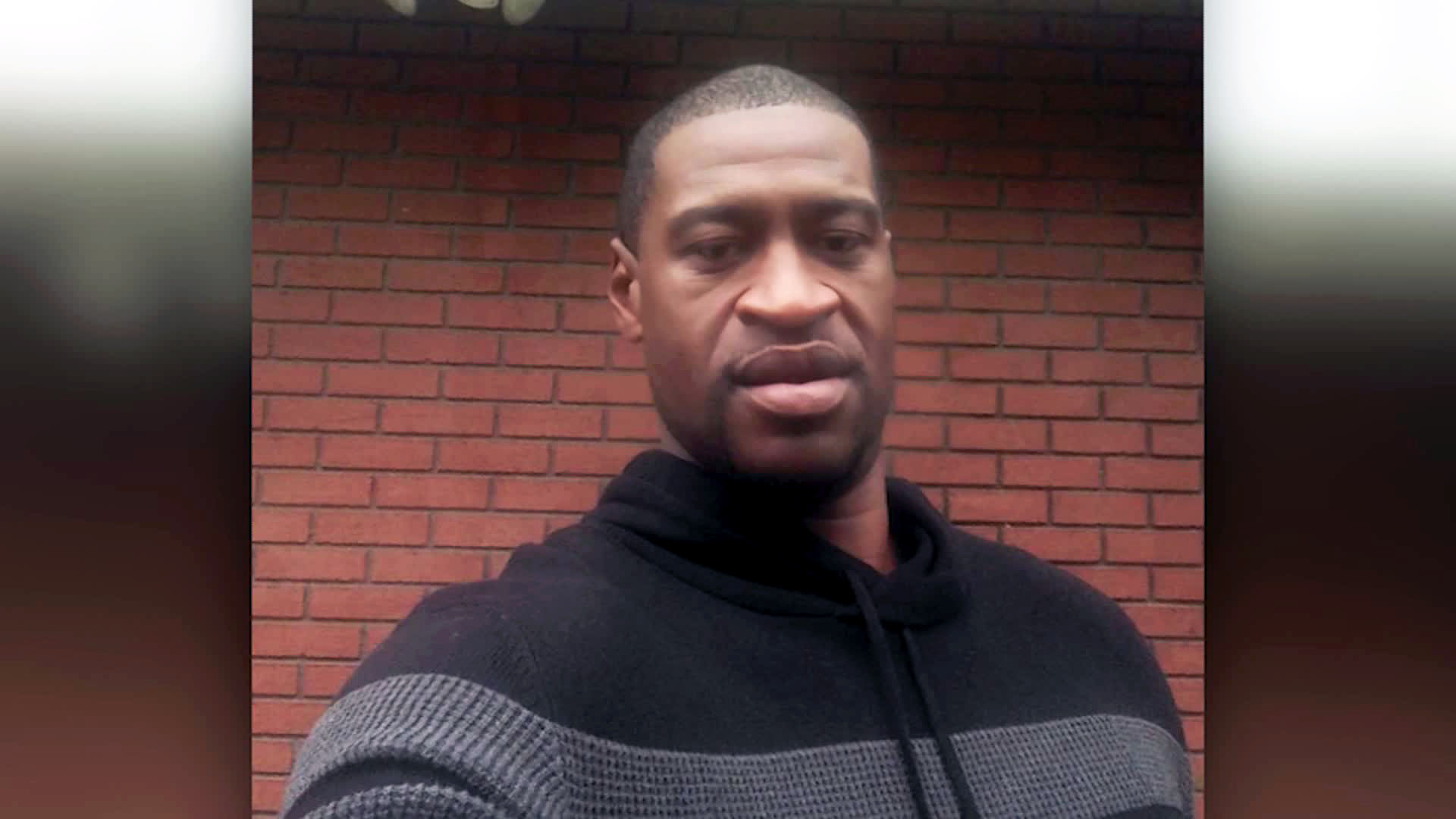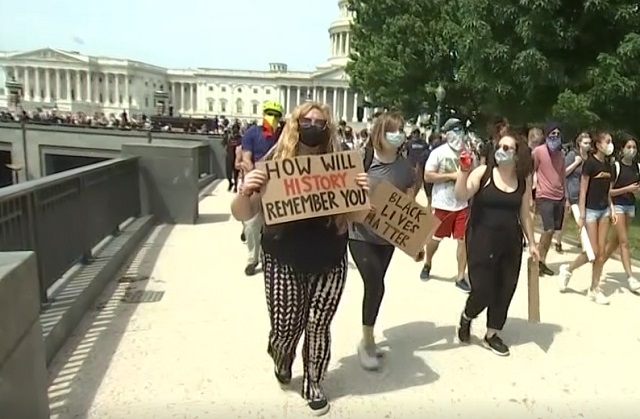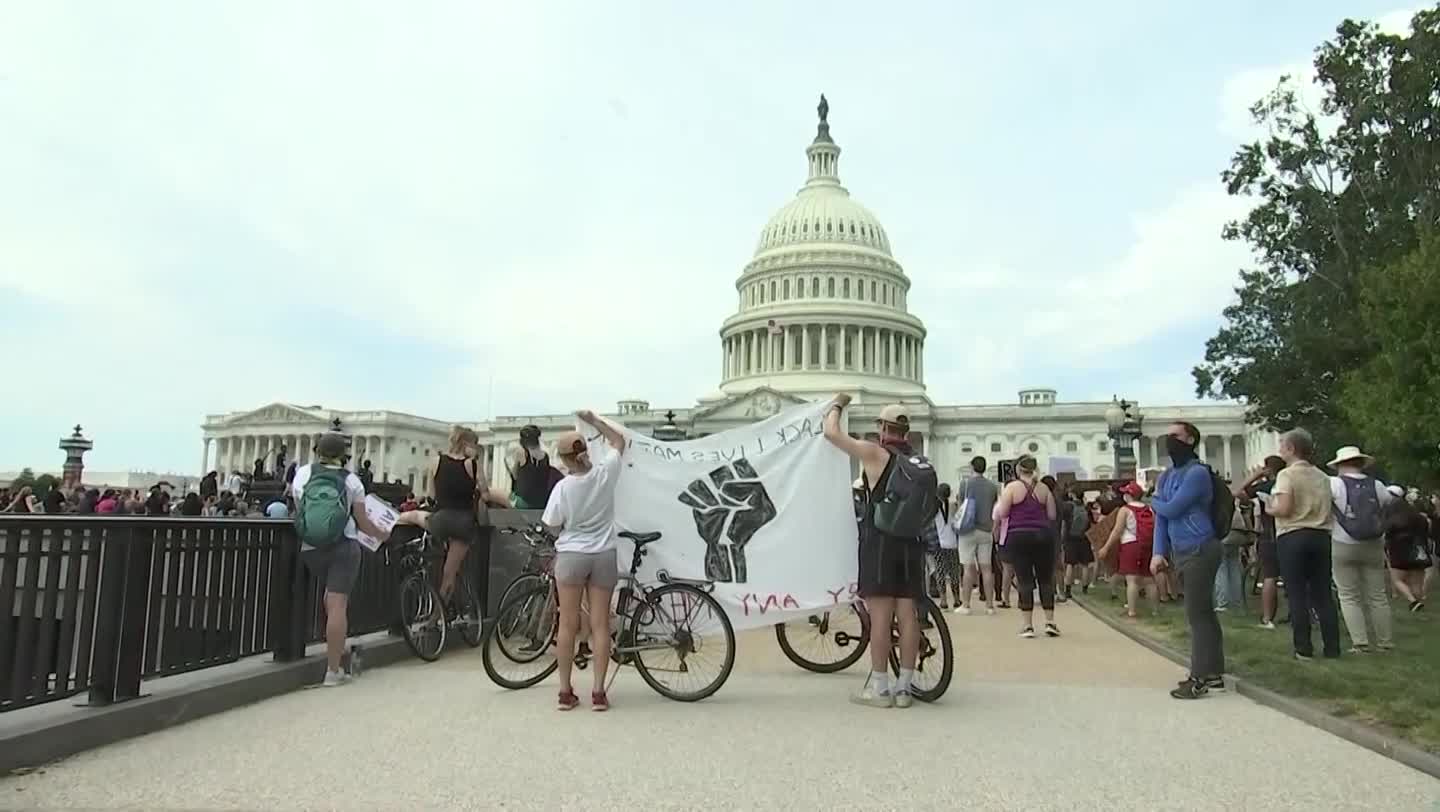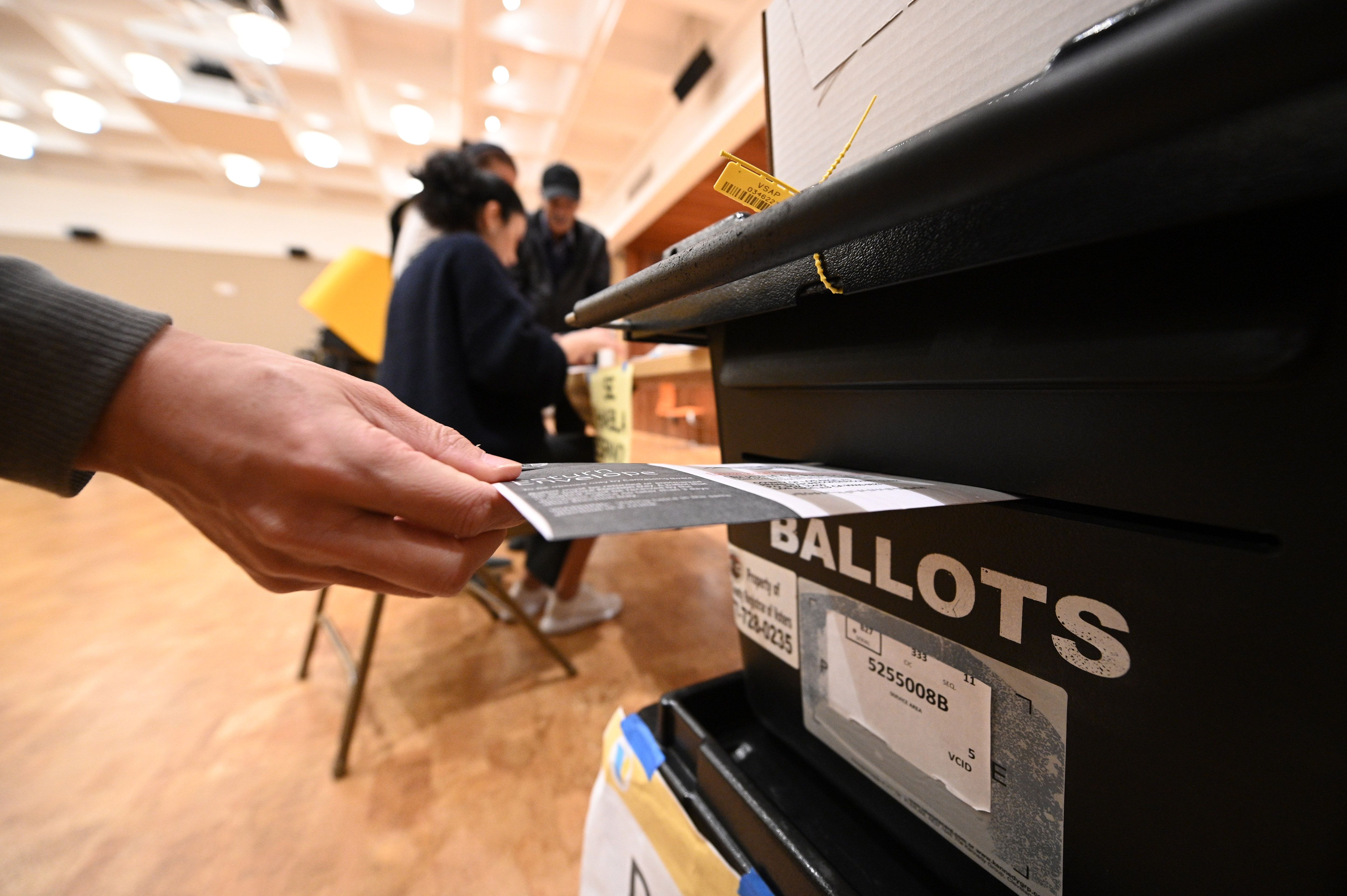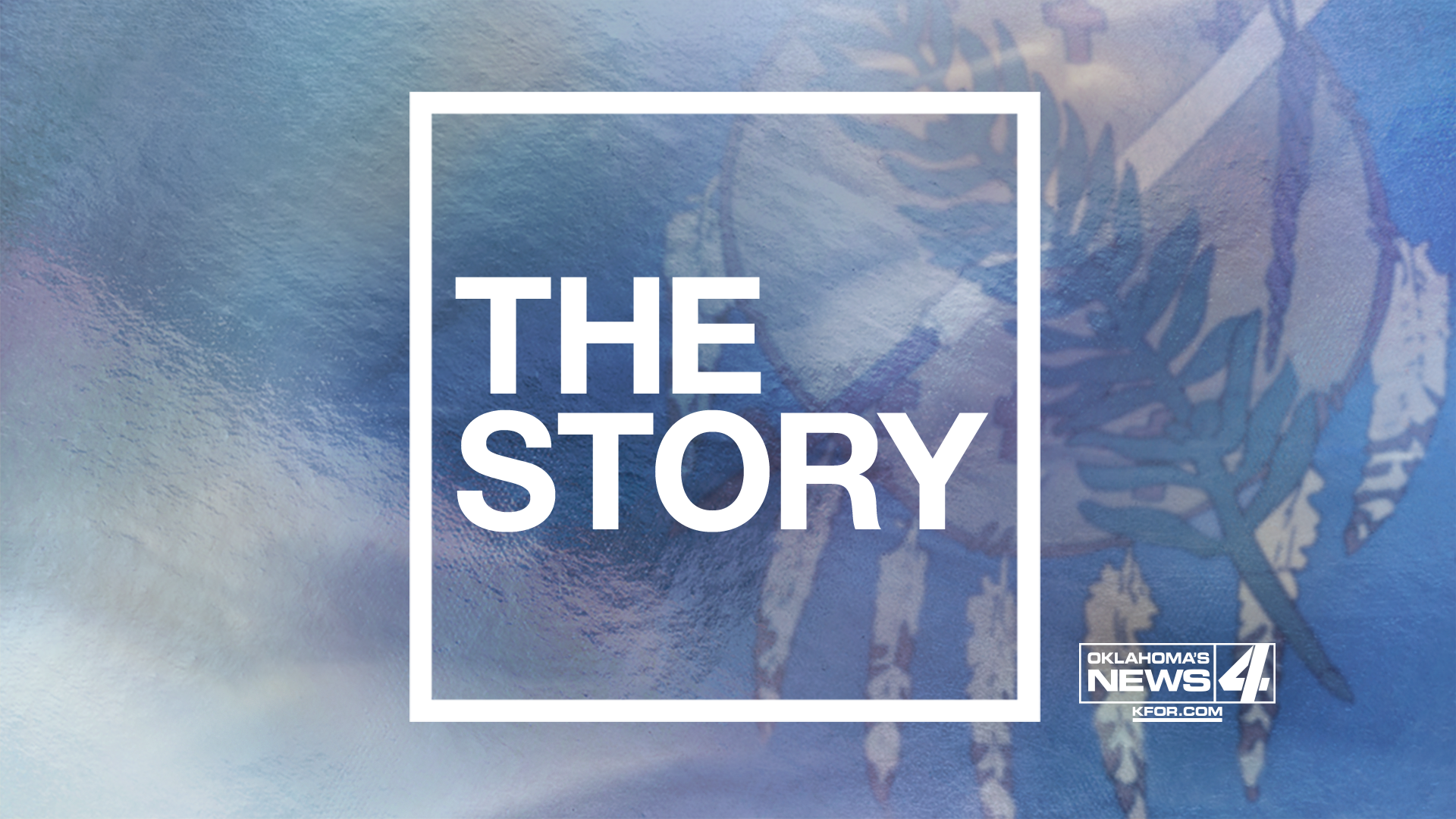AUSTIN (KXAN) — As dreams of the Olympics are deferred for athletes around the world, many are also balancing dealing with the challenge of what put off their dreams in the first place: the coronavirus pandemic.
“I was crushed,” said University of Texas diver and Olympic hopeful Murphy Bromberg. “It was, it was hard. It was a hard pill to swallow.”
She hasn’t been able to set foot in a pool for at least a month since her training came to a screeching halt.
Other athletes have had to make major adjustments as well. Alex Rose, a discus thrower who lives in Michigan but will represent Samoa, had taken a sabbatical from his job to train for his second games. He’s had to go back to work to support his family amid the pandemic.
Boxer Joe Hicks was preparing for the qualifying tournament when coronavirus canceled it. Now, he’s moved away from his home in Lansing, Michigan, where he lives with his wife and daughter, to his mother’s house — because she has a treadmill he can use to train.
“You’ve got to find motivation somewhere. I’m self-motivated, but I do find days where it’s the same thing over and over again,” Hicks said. “But I always think, the competition didn’t stop. When the world stopped, it didn’t stop just for you, it stopped for everybody.”
Last week, the Japan Medical Association said the Olympics would only be possible if cases in Japan and the world were under control. According to the Associated Press, the group’s president said it would be “difficult” to have the Olympics without a vaccine.
Dr. Stephen Thomas, the Infectious Disease division chief at the Upstate University Hospital in Syracuse, New York, agrees that coronavirus needs to be more controlled before thousands of athletes, support staff and fans come together for the games.
“I think in the current situation any large gathering right now is probably off the table,” Thomas said. He pointed out that even with a generous 18-month timeline to develop a vaccine, it would still take time to make enough of it and get people vaccinated.








